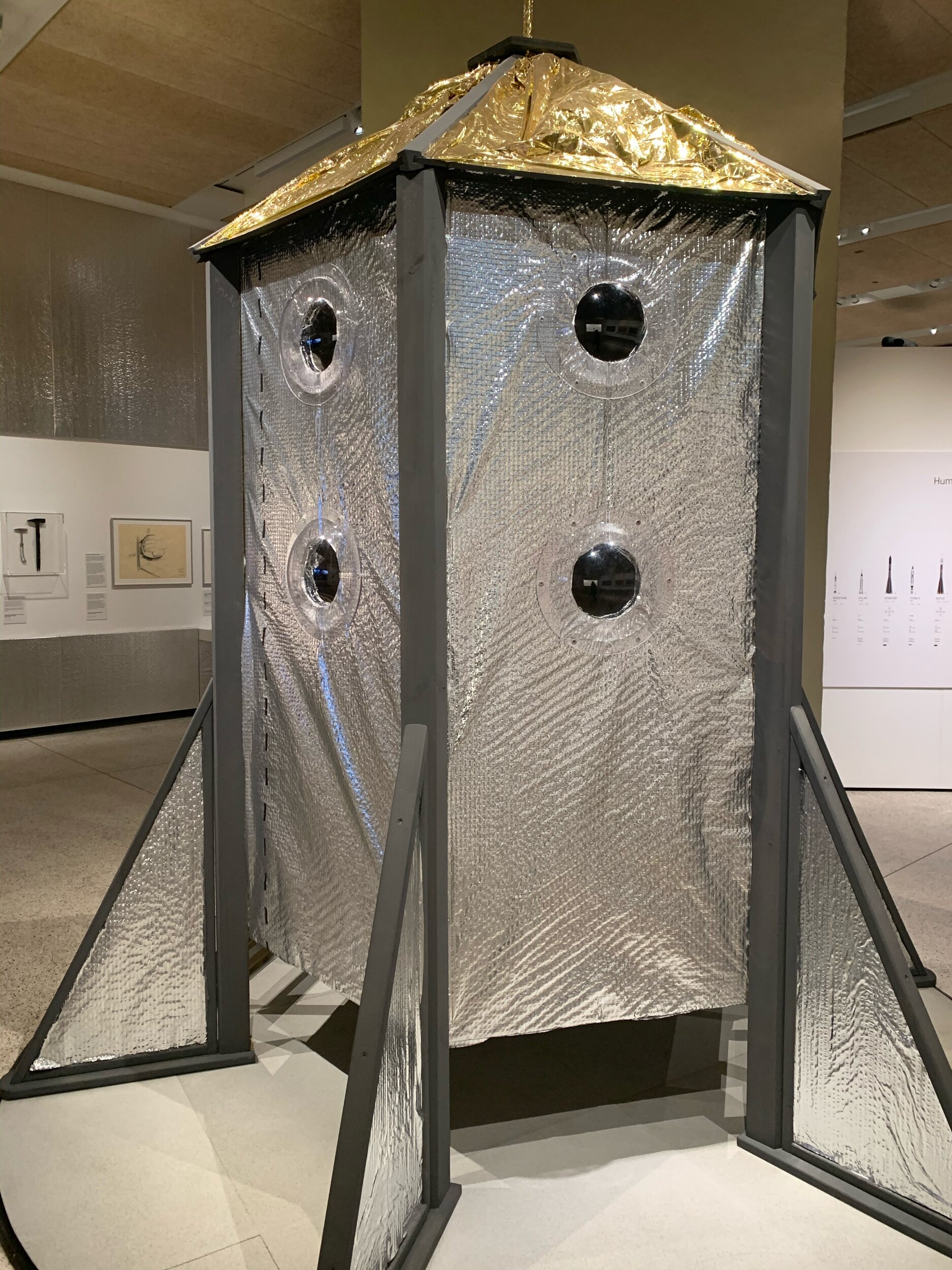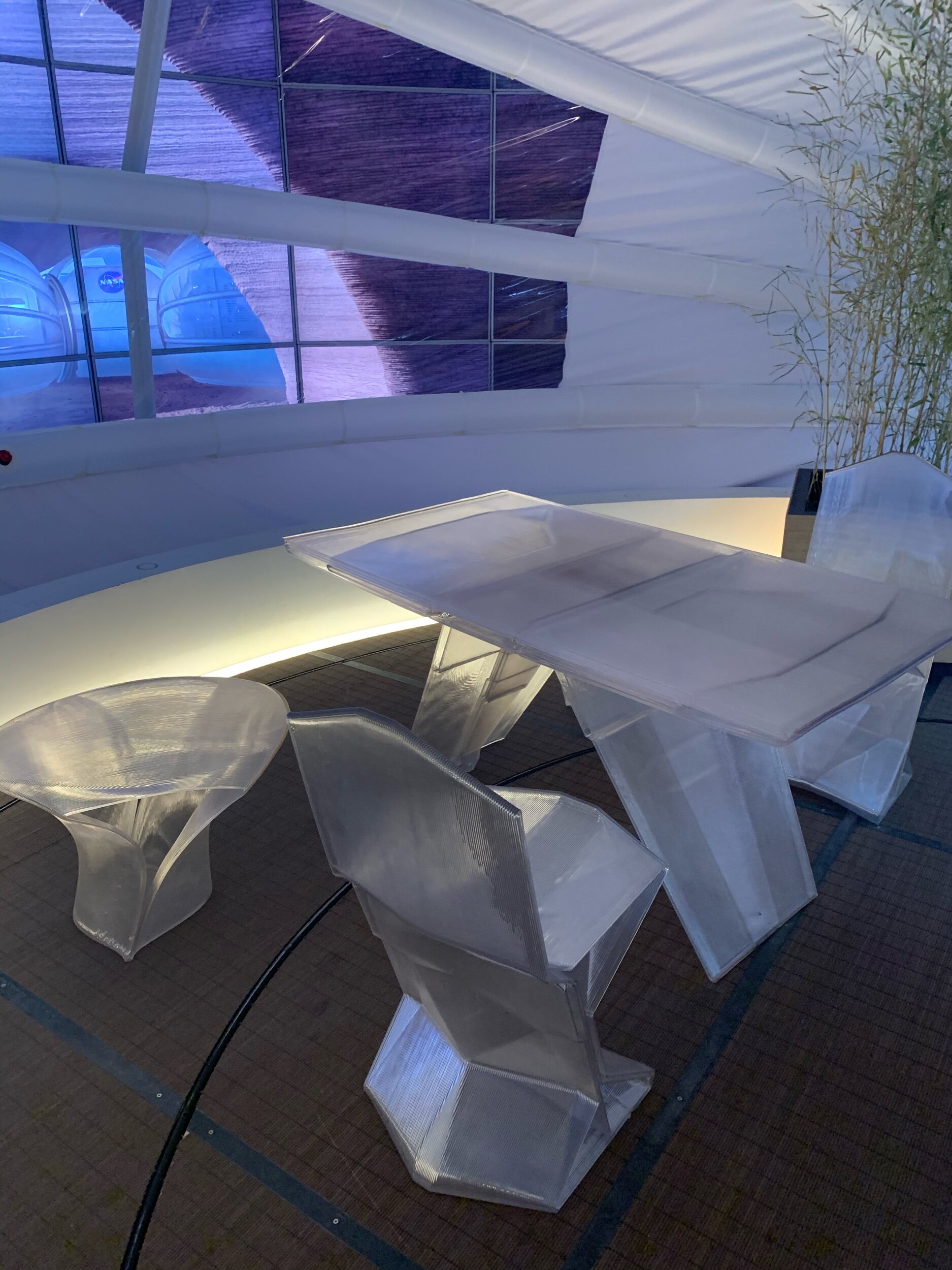Moving to Mars
Looking to the future from a perspective of the newest exhibition dedicated to #GenerationMars never been so easy. This fascinating show presented at the London’s Design Museum explores different ways of putting humans on the red planet and becomes one of the great challenges of our time.
Mars is the most striking planet in the night sky. Its reddish and wandering motion fascinated ancient astronomers. Mars promised a new, undiscovered life. From early maps to Hollywood film posters, the methods we have represented the Red Planet reflect our shifting understanding of it.
Exactly in 1965, the Mariner 4 spacecraft took the first fly-by photographs of Mars. There were no canals and no traces of complex life forms. Today our knowledge of Mars has been transformed by data from many unmanned missions. Its canyons, craters and volcanoes dwarf anything on Earth. This is a place where no one has ever stepped. It’s deeply inhospitable. Freezing temperatures, unbreathable air, solar and cosmic radiation combine in a lethal environment for humans. But we still believe, one day, standing on those red plains ourselves. The techniques to locate and create our 'future home' are being studied on Earth but they still need to be proved on Mars, where everything will be new and different. Architects have imagined different ways of building habitats on Mars, using robotic diggers, 3D printers and other inventions. Despite the high-tech construction, Martian homes will be far more primitive than on Earth but less wasteful. Long-term human survival will demand new levels of sustainability. We’ll need to perfect self-sufficient closed ecosystems that recycle all waste and carbon dioxide. A mix of plants and microorganisms will provide food, oxygen and what’s the most important clean water. Some Mars farming will look familiar - using pressurised greenhouses - while other processes will look more like chemistry labs (take a deep look at the pictures above).
As a human for whom science is one of the higher values in life, I can bravely say that we should definitely and immediately start considering Mars as a lifeboat. Physicist Stephen Hawking argued that humankind should commit to space as insurance against nuclear war or global warming. These are the worst scenarios, but isn't it worth thinking about preserving 'a seed of human civilization' in space? I strongly support all brave activists and actions happening here around us to protect our Earth home. We win together. For sure. However further claim that there is no planet B is wrong! More research, more experience, more emphasis on education so that it is freely available to every child, and sky is the limit. Because everything is possible. You just have to want it.


















